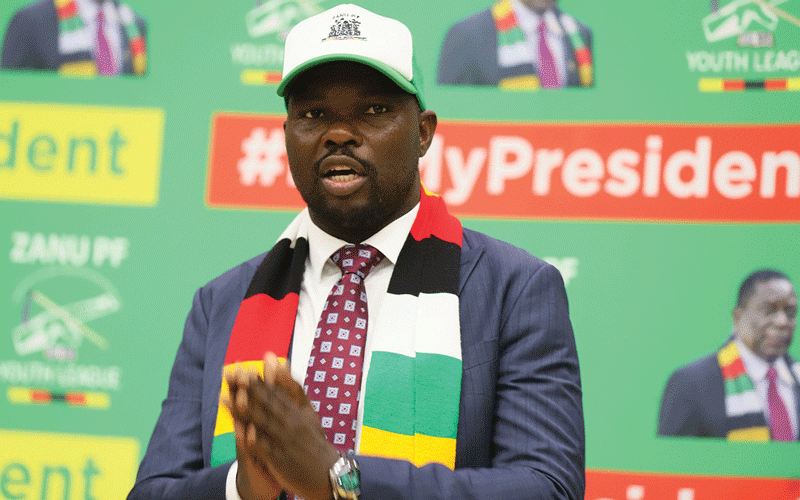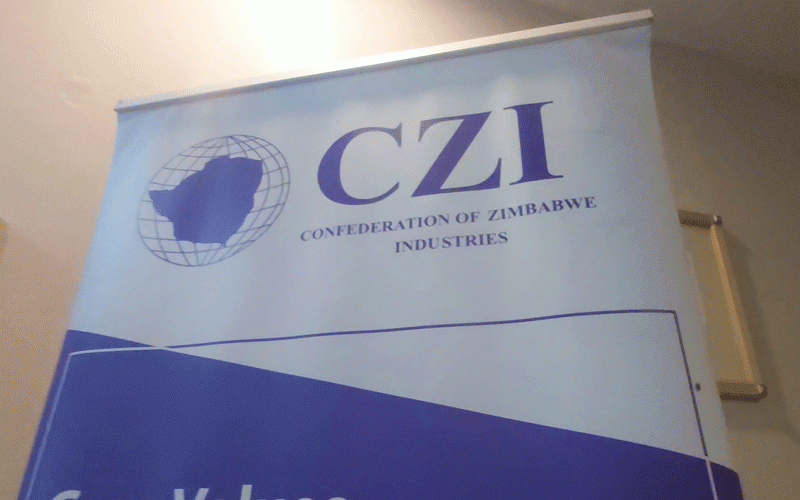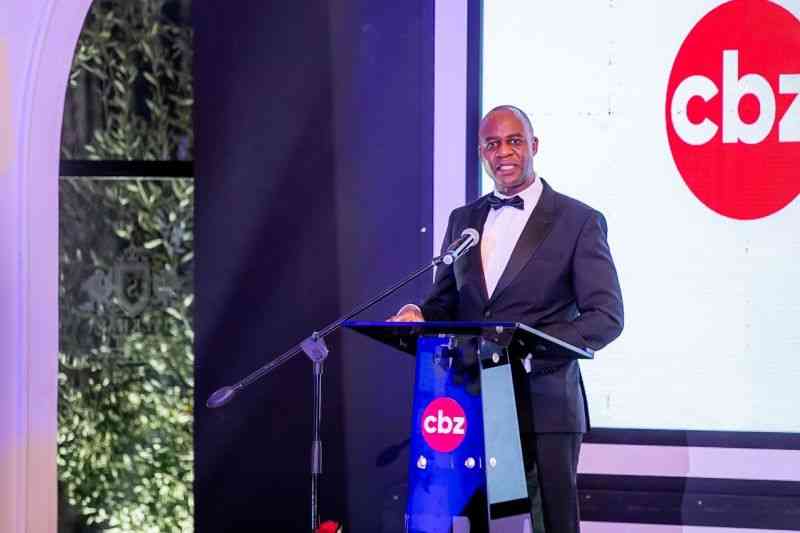
BMW group says there are no plans yet for setting up a second manufacturing plant on the continent outside of South Africa.
BY FIDELITY MHLANGA

Head of BMW group’s Business and Finance Communications Renate Heim told journalists attending the International Journalism Programme in Germany recently that Africa accounted for around 2% of global BMW & MINI sales as of June 2018.
“There are currently no plans for manufacturing on the continent outside of South Africa,” Heim said.
As of June this year, the group had sold 14 359 BMW & MINI units in Africa.
Heim said the current uptake of BMW electric vehicles in Africa as of May was still low, with a total of 141 electrified BMW G vehicles having been delivered to customers in Africa.
“As a global leader in e-mobility, BMW Group is working around the world to raise understanding and awareness of the benefits of the electric cars. In South Africa, we are engaging with the government to improve the regulatory infrastructure and are installing charging infrastructure across the country in our own right. We have also signed a memorandum of understanding with Nissan SA to further develop charging infrastructure,” she said.
- Chamisa under fire over US$120K donation
- Mavhunga puts DeMbare into Chibuku quarterfinals
- Pension funds bet on Cabora Bassa oilfields
- Councils defy govt fire tender directive
Keep Reading
Despite Zimbabwe’s vast lithium deposits required for the manufacture of electric vehicle batteries, there were no prospects by BMW to establish a battery manufacturing plant in the country.
“The BMW Group currently has no plans to open a second plant (either battery or vehicle) in Africa,” Helm said.
Heim said the best way to improve the uptake of electric vehicles in South Africa is to stimulate the market by reducing prices.
“Currently, in South Africa, there is no government support to help develop the market, and import tariffs remain higher on electric vehicles than for internal-combustion vehicles. We are in positive discussions with the government about this topic,” she said.
The BMW group said major challenges affecting its operations include the future of South African government’s motor industry policy. The current programme, the Automotive Production and Development Plan, expires in 2020.
“We are engaged with the government in positive dialogue about a replacement for the programme to run until 2030, which we believe will be a positive long-term development. More broadly in the continent as a whole, we support the continued improvement of transport infrastructure and the development of free-trade agreements. BMW Group South Africa is also working hard to develop the Sub-Saharan market,” Helm added.











